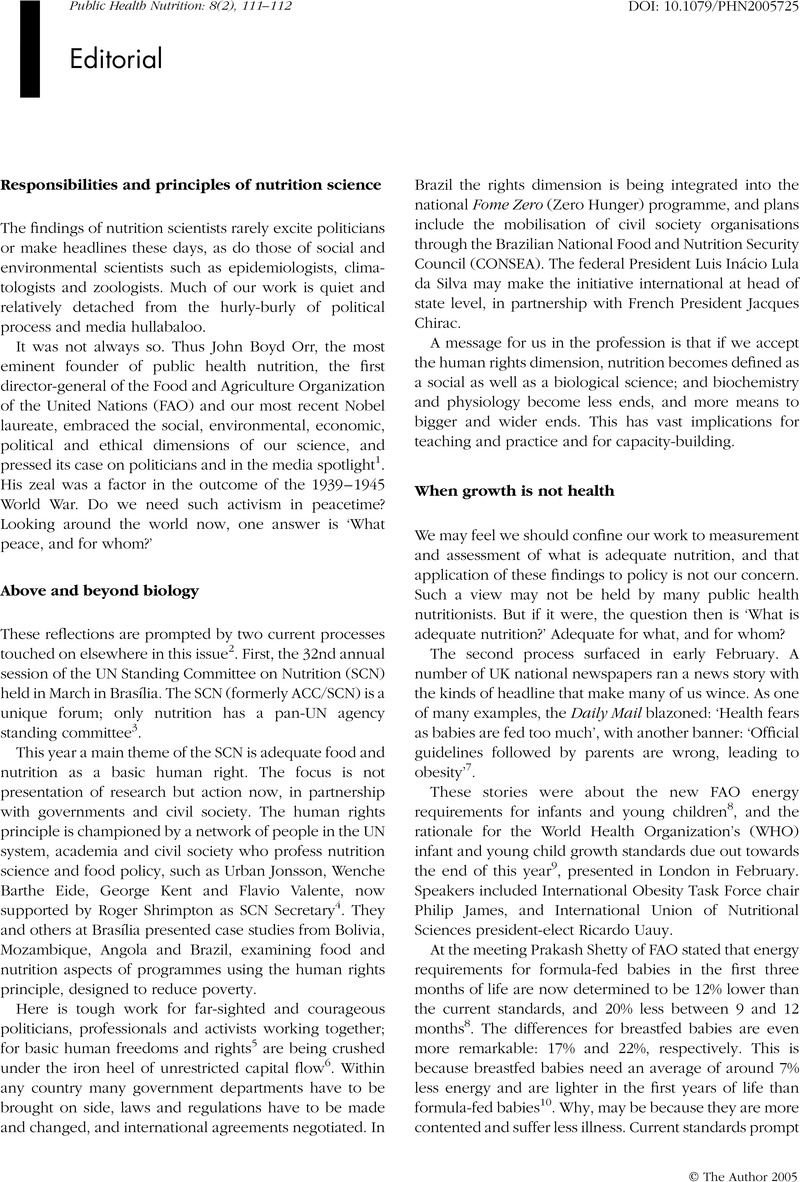16de Onis, M,
Garza, C,
Victora, C. The WHO Multi Centre Growth Reference Study: Strategy for developing a new international growth reference. In:
Elmadfa, I,
Anklam, E,
König, J, eds.
Modern Aspects of Nutrition: Present Knowledge and Future Perspectives. Proceedings of the 17th Congress of Nutrition, Vienna, Austria, 27–31
08 2001.
Basel:
Karger,
2003;
238–40.
Google Scholar 